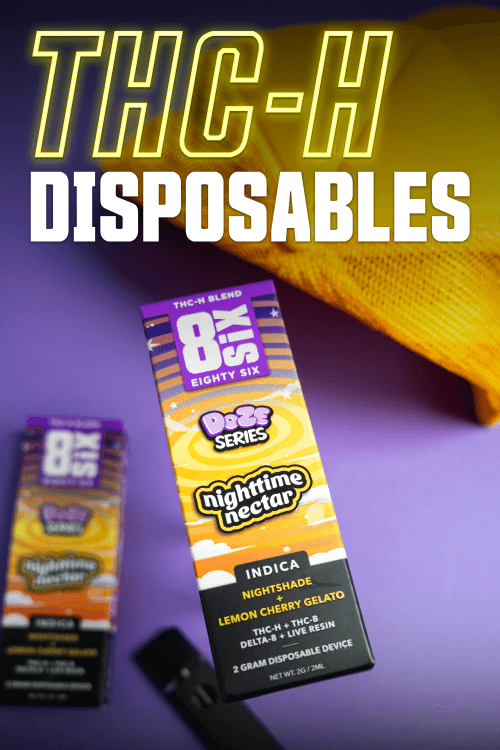Can I Buy Eighty Six Products in My State?
Alabama
LEGAL
Alaska
ILLEGAL
Arizona
ILLEGAL
Arkansas
LEGAL
California
ILLEGAL
Colorado
ILLEGAL
Connecticut
ILLEGAL
Delaware
ILLEGAL
Florida
LEGAL
Georgia
LEGAL
Hawaii
ILLEGAL
Iowa
LEGAL
Idaho
ILLEGAL
Illinois
LEGAL
Indiana
LEGAL
Kansas
LEGAL
Kentucky
LEGAL
Louisiana
LEGAL
Maine
LEGAL
Maryland
LEGAL
Massachusetts
LEGAL
Michigan
ILLEGAL
Minnesota
LEGAL
Mississippi
LEGAL
Missouri
LEGAL
Montana
ILLEGAL
Nebraska
LEGAL
Nevada
ILLEGAL
New Hampshire
LEGAL
New Jersey
LEGAL
New Mexico
LEGAL
New York
ILLEGAL
North Carolina
LEGAL
North Dakota
ILLEGAL
Ohio
LEGAL
Oklahoma
LEGAL
Oregon
ILLEGAL
Pennsylvania
LEGAL
Rhode Island
ILLEGAL
South Carolina
LEGAL
South Dakota
LEGAL
Tennessee
LEGAL
Texas
LEGAL
Utah
ILLEGAL
Vermont
ILLEGAL
Virginia
LEGAL
Washington
ILLEGAL
West Virginia
LEGAL
Wisconsin
LEGAL
Wyoming
LEGAL
